A new wave of violence hits Sudan
Sudan’s army in power struggle with feared paramilitary group Rapid Support Forces
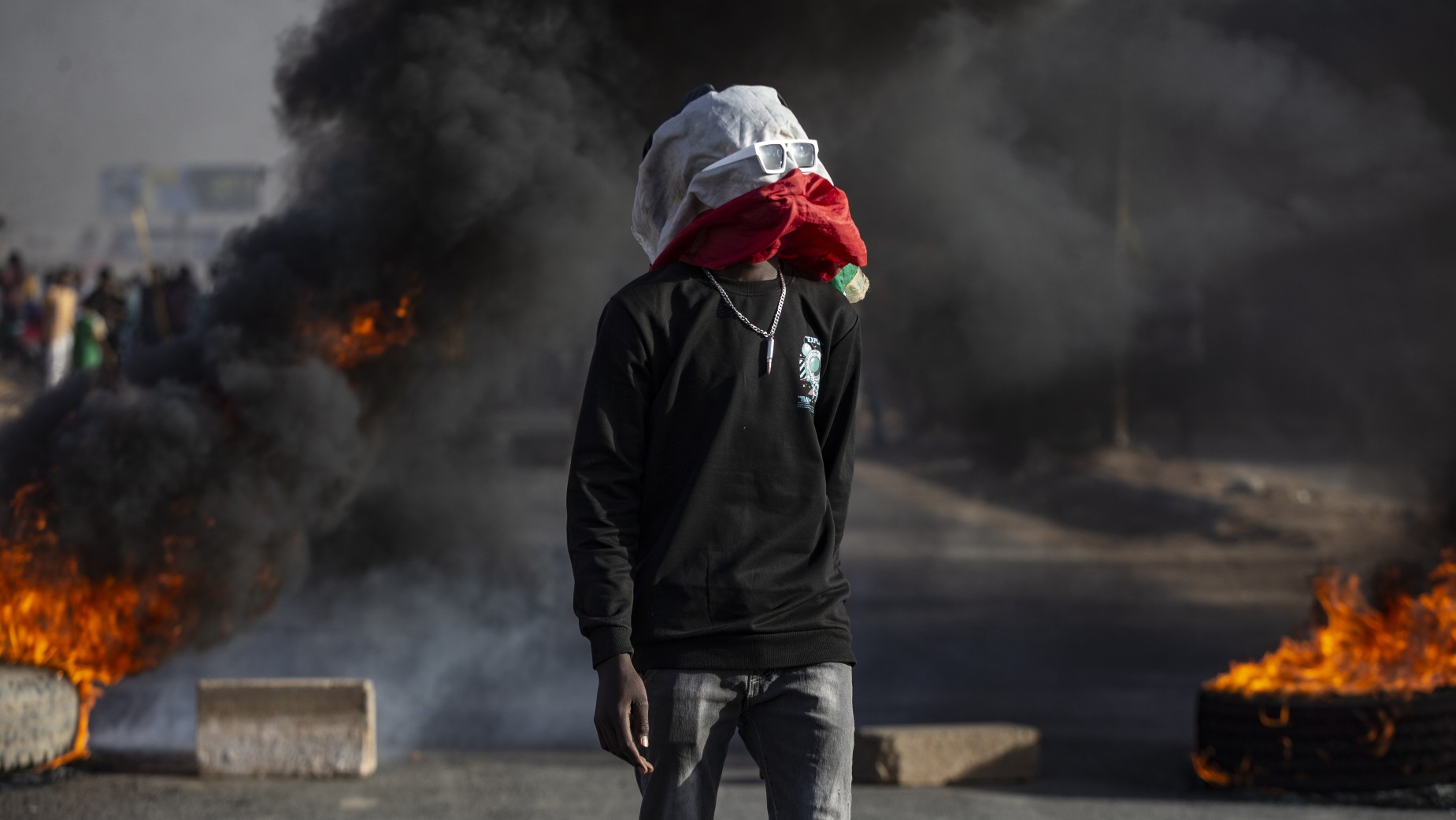
A free daily email with the biggest news stories of the day – and the best features from TheWeek.com
You are now subscribed
Your newsletter sign-up was successful
Tens of thousands of people danced in the streets of Sudan in April 2019, after the Northeast African country’s military removed hated dictator Omar al-Bashir from power following three long decades of rule.
“New era, new nation!” chanted the crowds as word of Bashir’s removal began spreading around the capital of Khartoum.
Yet within two years, the hope that greeted that coup d’état had faded away. In October 2021, as the deadline for handing over power to civilian rulers loomed, Abdel Fattah al-Burhan, the army general who ousted Bashir, staged another coup, “overthrowing the civilian prime minister Abdalla Hamdok and upending the country’s democratic transition”, said Deutsche Welle.
The Week
Escape your echo chamber. Get the facts behind the news, plus analysis from multiple perspectives.

Sign up for The Week's Free Newsletters
From our morning news briefing to a weekly Good News Newsletter, get the best of The Week delivered directly to your inbox.
From our morning news briefing to a weekly Good News Newsletter, get the best of The Week delivered directly to your inbox.
Now, the country has tipped into violence yet again amid a fresh power struggle, between Sudan’s army, headed by Burhan, and the Rapid Support Forces (RSF), the feared paramilitary group led by General Mohamed Hamdan Dagalo, commonly known as Hemedti.
Doctors estimated that around 100 civilians had been killed as of Monday morning, with hundreds more injured, as fighting between the rival factions entered a third day. Both sides claimed victories as battles raged around symbolic sites in the capital including the presidential palace and Khartoum International Airport. According to Reuters, the army “appeared to gain the upper hand” yesterday, blasting RSF bases with air strikes.
The UK and US embassies in Khartoum urged their citizens to stay indoors as the violence escalated.
“We don't have any electricity,” a British-Sudanese doctor visiting relatives in the city told the BBC. “It is hot. We can’t afford to open the windows, the noise is deafening.”
A free daily email with the biggest news stories of the day – and the best features from TheWeek.com
Another eyewitness told the broadcaster that parts of Khartoum were engulfed in flames, adding: “Shooting is still ongoing and people are staying indoors – there is so much panic and fear.”
The violence was triggered by a “disagreement over the integration of the RSF into the military as part of a transition towards civilian rule”, said Reuters. The army and the RSF struck an uneasy truce before joining forces to oust Bashir four years ago, but that deal quickly faltered.
The seeds of the conflict, however, were sown by Bashir, who created the RSF to crush a rebellion in Darfur that started more than 20 years ago. The group swiftly became “associated with widespread atrocities”, said The Guardian. In a 2015 report, Human Rights Watch described RSF forces as “men with no mercy”.
The group’s reputation was cemented further when its soldiers killed hundreds of people and raped dozens more after being sent in to disperse a peaceful sit-in outside the military headquarters in Khartoum in 2019.
The ramifications of the current bloodshed stretch well beyond Sudan’s borders. “Major geopolitical dimensions are at play, with Russia, the US, Saudi Arabia, the United Arab Emirates and other powers battling for influence in Sudan,” said The Guardian.
But at the heart of the conflict is a power struggle between two men, said the BBC World Service’s Africa editor Mary Harper. Four years ago, there was “huge optimism” in Sudan; now, thanks to the conflict between Burhan and Hemedti, “the country is going backwards”.
The great tragedy, Harper said, is that the country’s civilians find themselves “caught in the middle, their dreams of a new Sudan shattered”.
Arion McNicoll is a freelance writer at The Week Digital and was previously the UK website’s editor. He has also held senior editorial roles at CNN, The Times and The Sunday Times. Along with his writing work, he co-hosts “Today in History with The Retrospectors”, Rethink Audio’s flagship daily podcast, and is a regular panellist (and occasional stand-in host) on “The Week Unwrapped”. He is also a judge for The Publisher Podcast Awards.
-
 The Gallivant: style and charm steps from Camber Sands
The Gallivant: style and charm steps from Camber SandsThe Week Recommends Nestled behind the dunes, this luxury hotel is a great place to hunker down and get cosy
-
 The President’s Cake: ‘sweet tragedy’ about a little girl on a baking mission in Iraq
The President’s Cake: ‘sweet tragedy’ about a little girl on a baking mission in IraqThe Week Recommends Charming debut from Hasan Hadi is filled with ‘vivid characters’
-
 Kia EV4: a ‘terrifically comfy’ electric car
Kia EV4: a ‘terrifically comfy’ electric carThe Week Recommends The family-friendly vehicle has ‘plush seats’ and generous space
-
 The spiralling global rice crisis
The spiralling global rice crisisfeature India’s decision to ban exports is starting to have a domino effect around the world
-
 Netanyahu’s reforms: an existential threat to Israel?
Netanyahu’s reforms: an existential threat to Israel?feature The nation is divided over controversial move depriving Israel’s supreme court of the right to override government decisions
-
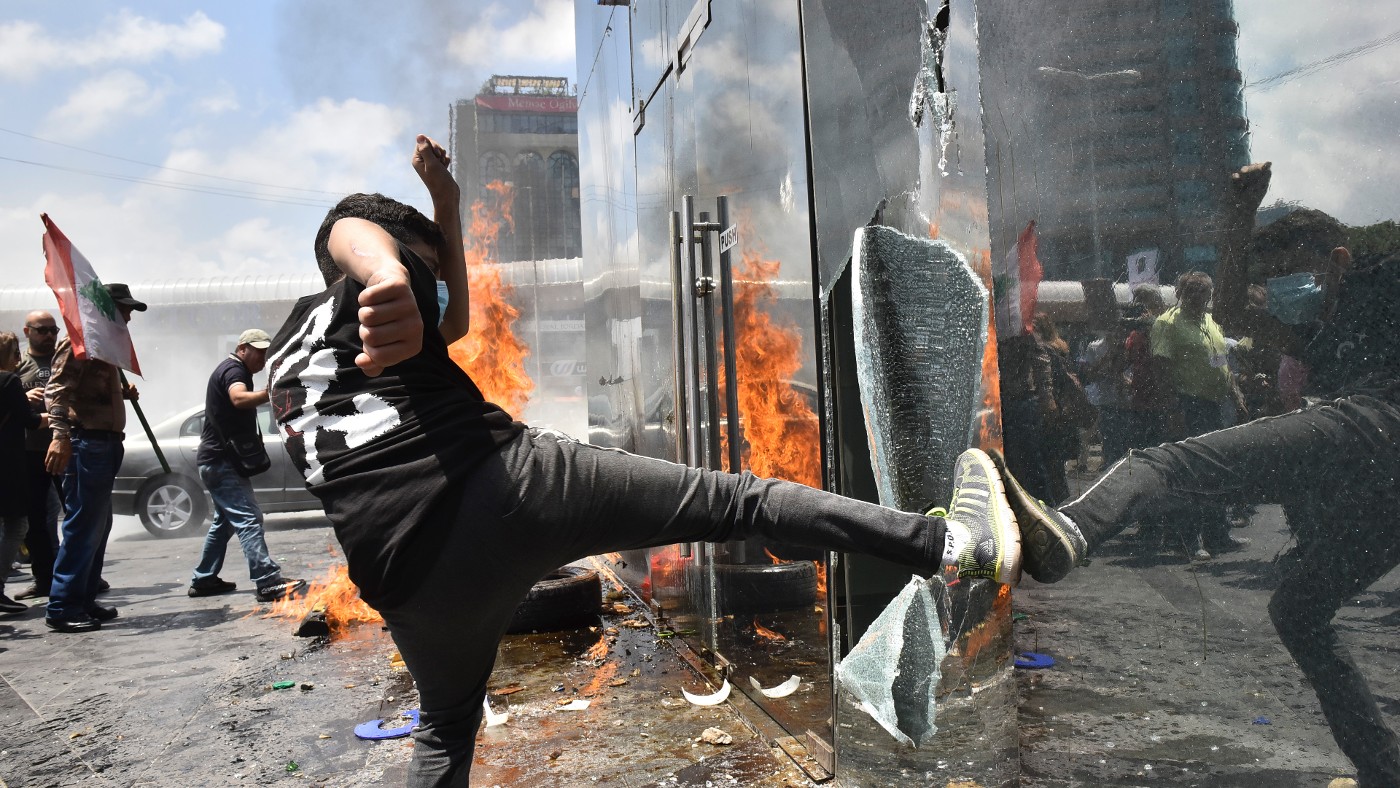 A country still in crisis: Lebanon three years on from Beirut blast
A country still in crisis: Lebanon three years on from Beirut blastfeature Political, economic and criminal dramas are causing a damaging stalemate in the Middle East nation
-
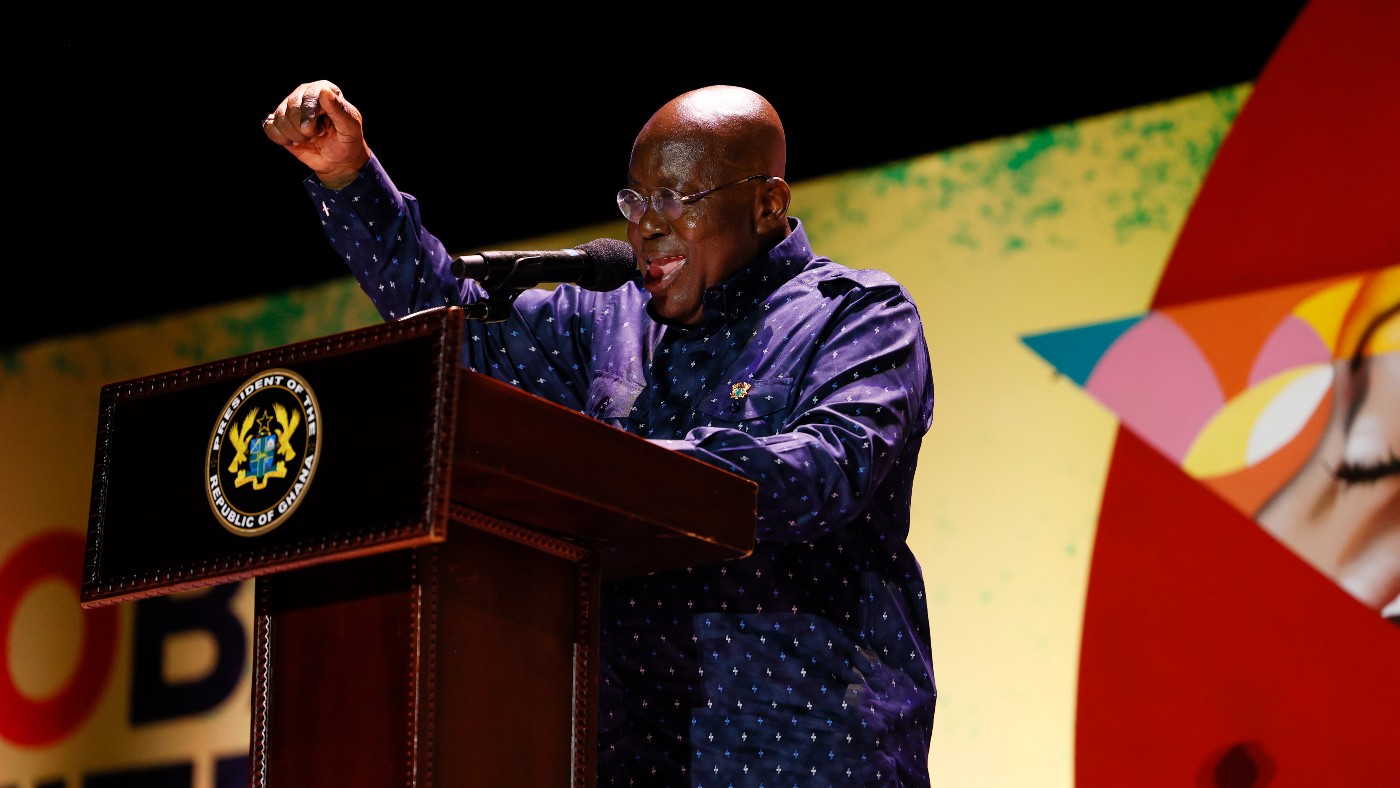 Ghana abolishes the death penalty
Ghana abolishes the death penaltyfeature It joins a growing list of African countries which are turning away from capital punishment
-
 EU-Tunisia agreement: a ‘dangerous’ deal to curb migration?
EU-Tunisia agreement: a ‘dangerous’ deal to curb migration?feature Brussels has pledged to give €100m to Tunisia to crack down on people smuggling and strengthen its borders
-
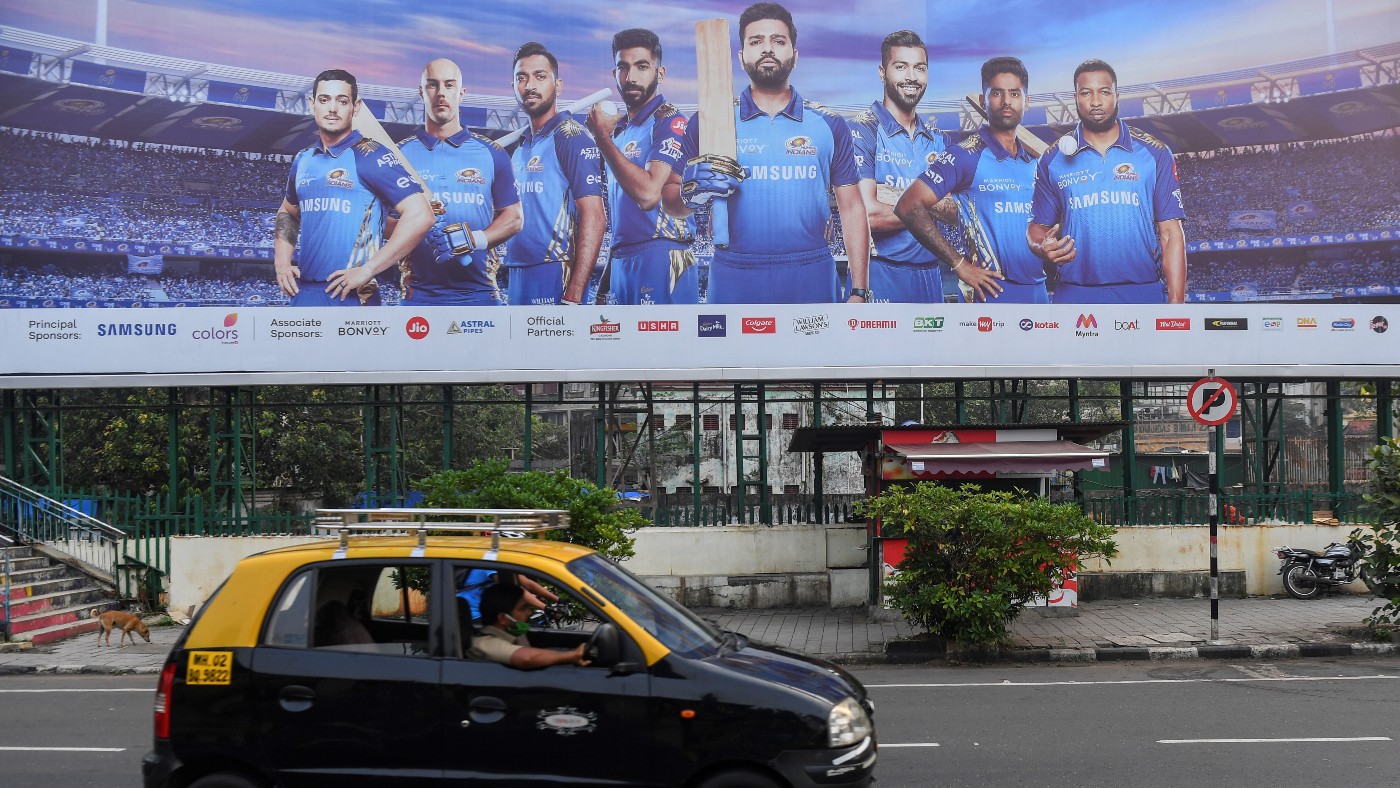 The sinister side to India’s fantasy gaming craze
The sinister side to India’s fantasy gaming crazefeature Fantasy gaming is booming in India, despite the country's ban on gambling
-
 China’s ‘sluggish’ economy: squeezing the middle classes
China’s ‘sluggish’ economy: squeezing the middle classesfeature Reports of the death of the Chinese economy may be greatly exaggerated say analysts
-
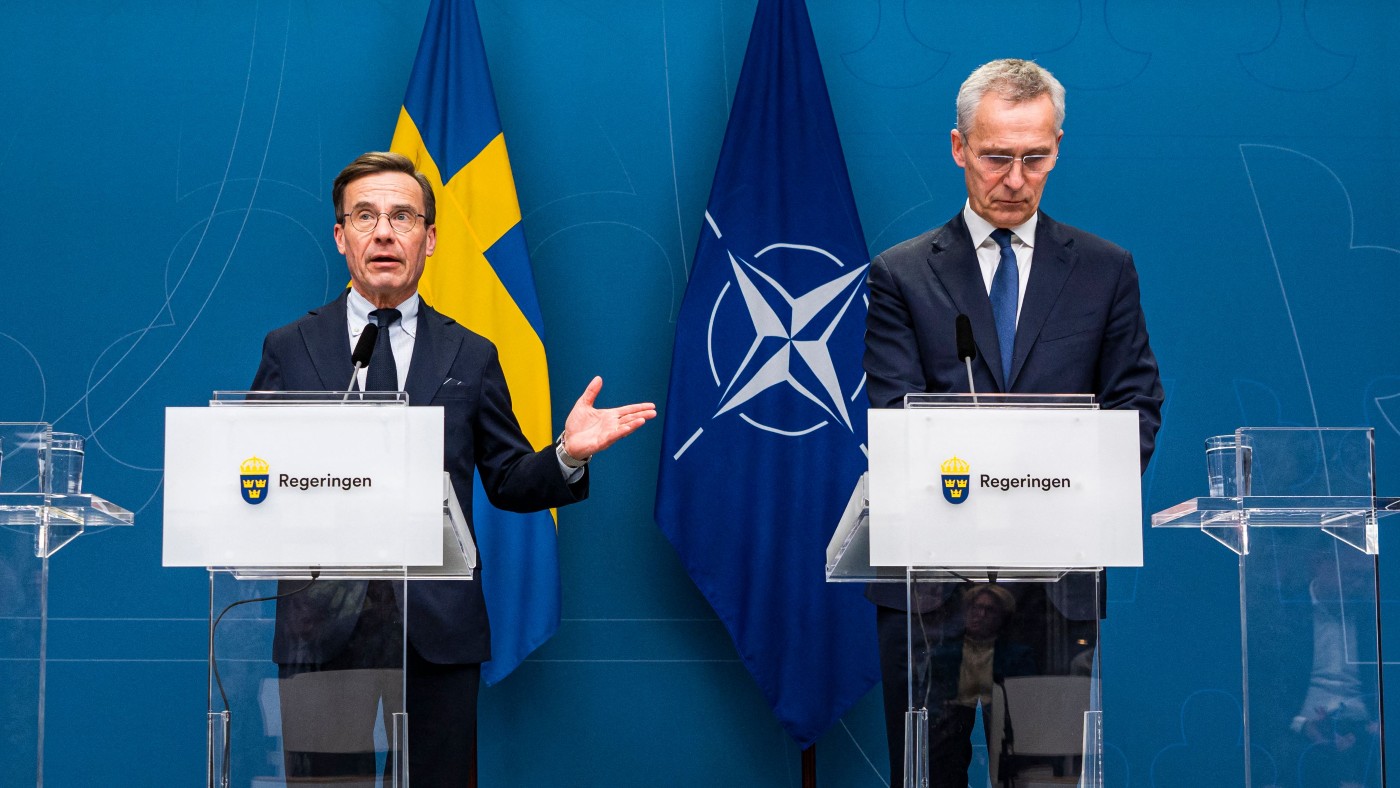 Non-aligned no longer: Sweden embraces Nato
Non-aligned no longer: Sweden embraces Natofeature While Swedes believe it will make them safer Turkey’s grip over the alliance worries some